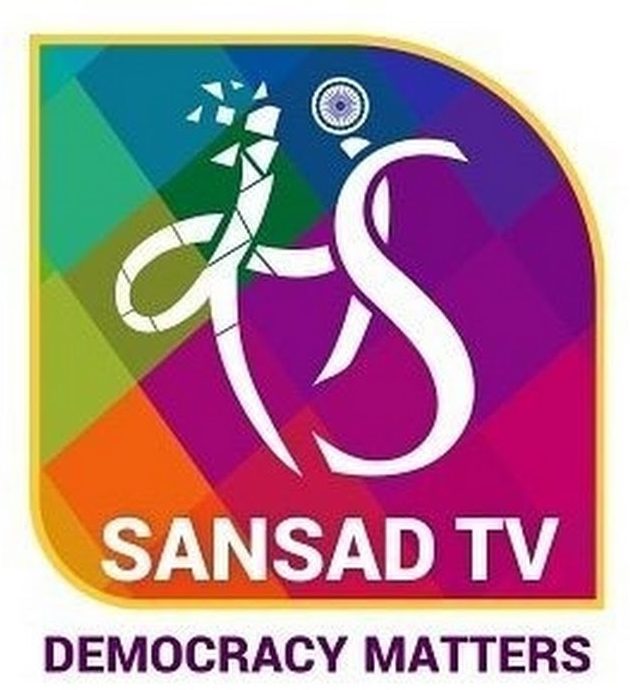[ad_1]
Introduction:
The government announced setting up of a committee to regulate online gaming and to identify a ministry to oversee it. Reports suggest the panel will include the CEO of NITI Aayog and secretaries of the ministries of home, sports and youth affairs, information and broadcasting, electronics and information technology, etc. The committee has been mandated to study global best practices and recommend a regime for a uniform regulatory mechanism. The panel will also develop a broad structure of the proposed central laws required, consult experts and submit a report in three months. The development comes at a time when more and more states are bringing about legislations seeking to bring about some order in the online gaming sector. Recently, the government of Rajasthan brought out a draft Bill in order to regulate online games, specifically fantasy games. Earlier, states like Tamil Nadu, Telangana, Andhra Pradesh, and Karnataka also passed laws banning online games. However they were quahed by state High Courts on grounds that an outright ban was unfair to games of skill. And more recently, during the Budget session of Parliament, The Online Gaming (Regulation) Bill, 2022 was introduced in Lok Sabha by a member from Kerala as a Private Member’s Bill. The Bill sought to maintain integrity in online gaming and introduce a regulatory regime for online gaming.
- Several countries in the world have already regulated online gambling, giving India the opportunity of picking the cherries from each regulatory market to create its own optimal framework.
- No online gambling regulation is perfect.
- Even experienced markets like Sweden and the UK struggle with finding a good regulatory balance that will benefit the country and its inhabitants equally.
- At the same time, the gambling regulation in Sweden consists of sections that specify the obligations licensees have when it comes to responsible gambling, data protection, and marketing.
Gaming (Regulation) Bill of 2022 dropouts:
- It’s important to understand that online gambling regulation is a better way to keep people’s gambling habits under control than a blanket ban. Regulation brings the funding necessary to tackle issues like organized crime.
- The need to clean out irresponsible actors
- In an unregulated, banned market, irresponsible actors and criminals are given better opportunities to take advantage of their victims.
- Contrary to what conservative politicians might think, banning online gambling won’t eradicate online gambling. It will only move the activity out of sight.
- While Indian players can play at foreign gambling sites and trust that they follow regulatory requirements, Indian players are simultaneously exposed to fraudulent websites.
- An online gambling regulation will allow legitimate actors to take place on the market instead.
- Authentic operators will only use secure payment methods and licensed game providers, and will follow stringent verification processes to eliminate fraudulent activity within the online gambling sector.
Difference Between Fantasy Sports & Other Online Games Or Sports Betting
-
- Fantasy sports are entirely different from all forms of online games that are in the nature of e-sports, casual gaming etc. that do not need a real-life player to be actually playing a real sports match to decide the outcome for the participant.
- Fantasy sports, unlike other online gaming, is dependent on actualities, seasonality and availability of real-time sports matches make it a non-addictive form of play which sets it distinctly apart from other forms of online game that are perceived to be in the nature of gambling and/or betting.
Gaming addiction impact on children
Implications of excessive gaming may result in harmful effects on children’s education and wellbeing.
- Interference with studies: One of the signs of gaming addiction is the impact on other areas of life. If school work is suffering – including boredom in lessons, difficulty concentrating or low motivation to complete homework – then their gaming habits should be assessed.
- Exposure to violent, graphic or sexualised content: Increasing numbers of parents are concerned about the content of games they play. Fortnite, for example, is rated 12+ – yet many primary school-age children play. Games with violent, sexualised or highly realistic content (including augmented reality and virtual reality games) can also have an emotional impact on children, especially the younger kids.
- It’s a controversial area with conflicting research but a study from Science Daily has linked violent video games to aggression in young people.
- If gaming is at the expense of connection with friends in real life, then this withdrawal can affect relationship skills in everyday situations.
- Repetitive strain injury (RSI): Children and young people who play games for extended periods can be affected by RSI. Stiffness, aches, pain and numbness are signs to watch out for.
- For example, ‘nintendinitis’ refers to thumb, wrist and hand problems associated with playing on gaming consoles.
- Eye strain is also common if you look at screens for long periods without taking breaks. Screen glare can also affect vision.
- Poor nutrition or self-care: When gaming addiction takes over, children and young people may skip meals, rely on junk food, resist taking toilet breaks or have poor hygiene.
- Poor quality sleep: Playing stimulating games for many hours at a time, particularly late at night, will make it harder to get to sleep.
Regulatory perks:
The list of perks that come with regulating gambling is long, but these are the most prominent areas that will benefit from an online gambling regulation:
Regulation is better:
- Gambling regulation is a tool for governments to ensure that their people only have access to safe means of gambling.
- And not only that, but regulation also makes sure that those offering the gambling products are being respectful of the market in which they act.
- This is ensured by taxation and licensing fees, funds that go back into India’s economy instead of disappearing into the pockets of offshore foreign companies as they do today.
[ad_2]


